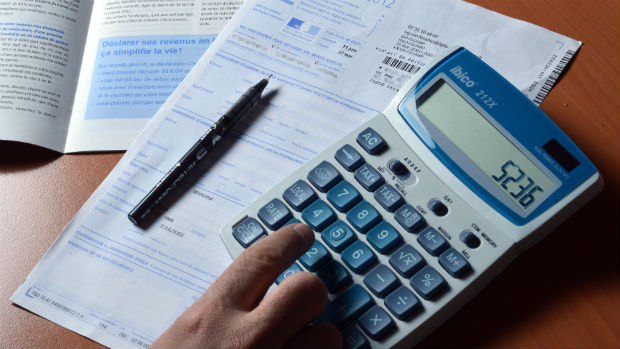Self-assessment nightmare looms for savers
Changes will reduce tax on savings but could mean more having to complete a tax return

One bit of good news to come out of this year’s Budget was Chancellor George Osborne’s announcement that soon we’ll all be able to earn at least £500 interest on our savings before we have to pay tax.
The new rule kicks in next April and means that you don’t have to panic about putting your money into an Isa in order to protect it from the taxman. If you are a basic rate taxpayer you will be able to earn up to £1,000 in interest before you pay income tax, dropping to £500 for those on the 40 per cent higher rate or above.
But there is a fly in the ointment. At the moment interest paid on savings is automatically taxed at 20 per cent by banks and building societies, unless you have notified them you don’t pay income tax. This covers the tax bill for most basic rate taxpayers without them needing to take action. If you are a higher-rate taxpayer you are expected to inform HMRC via a self-assessment form that you need to pay more tax on your savings income.
The Week
Escape your echo chamber. Get the facts behind the news, plus analysis from multiple perspectives.

Sign up for The Week's Free Newsletters
From our morning news briefing to a weekly Good News Newsletter, get the best of The Week delivered directly to your inbox.
From our morning news briefing to a weekly Good News Newsletter, get the best of The Week delivered directly to your inbox.
The plan is for banks and building societies to stop deducting tax from interest payments from April 2016 - and the government doesn’t plan to get HMRC to automatically deduct tax until 2017. This leaves a year where there is, as yet, no clear plan on how tax on savings will be collected. All taxpayers may need to fill out a tax return if they have enough in savings.
Assuming an interest rate of 3.4 per cent you would need to have relatively modest savings of £30,000 to earn more than the £1,000 interest cap. Higher-rate taxpayers would only need to have £15,000.
One group who are particularly likely to be affected are pensioners, maby of whom have large amounts of savings that they draw an income from. This is particularly so since pension freedoms which came into force in April and have led to more withdrawing cash from their tax-sheltered pension fund.
This would drag millions more people into the nightmare that is filling out a self-assessment form. If this is the way things go HMRC needs to launch a major campaign to inform the nation, as it already it acknowledges that higher-rate taxpayers frequently do not correctly fill out their return for savings income. Otherwise many people could face unexpected tax bills or fines for not filling out a self-assessment form.
A free daily email with the biggest news stories of the day – and the best features from TheWeek.com
"HMRC really needs to think about how they educate all those people who have been used to having their tax deducted at source," Anna Bowes, director of Savings Champion said in The Telegraph.
"While the personal savings allowance will be a huge boost to so many people, thousands may be caught out or worse fined when they’ve never had to think about this before."
-
 Grok in the crosshairs as EU launches deepfake porn probe
Grok in the crosshairs as EU launches deepfake porn probeIN THE SPOTLIGHT The European Union has officially begun investigating Elon Musk’s proprietary AI, as regulators zero in on Grok’s porn problem and its impact continent-wide
-
 ‘But being a “hot” country does not make you a good country’
‘But being a “hot” country does not make you a good country’Instant Opinion Opinion, comment and editorials of the day
-
 Why have homicide rates reportedly plummeted in the last year?
Why have homicide rates reportedly plummeted in the last year?Today’s Big Question There could be more to the story than politics